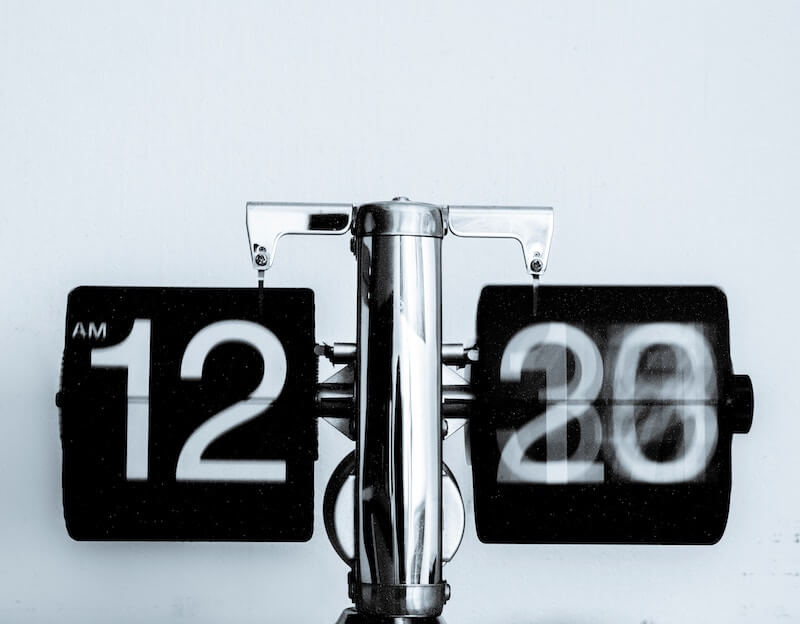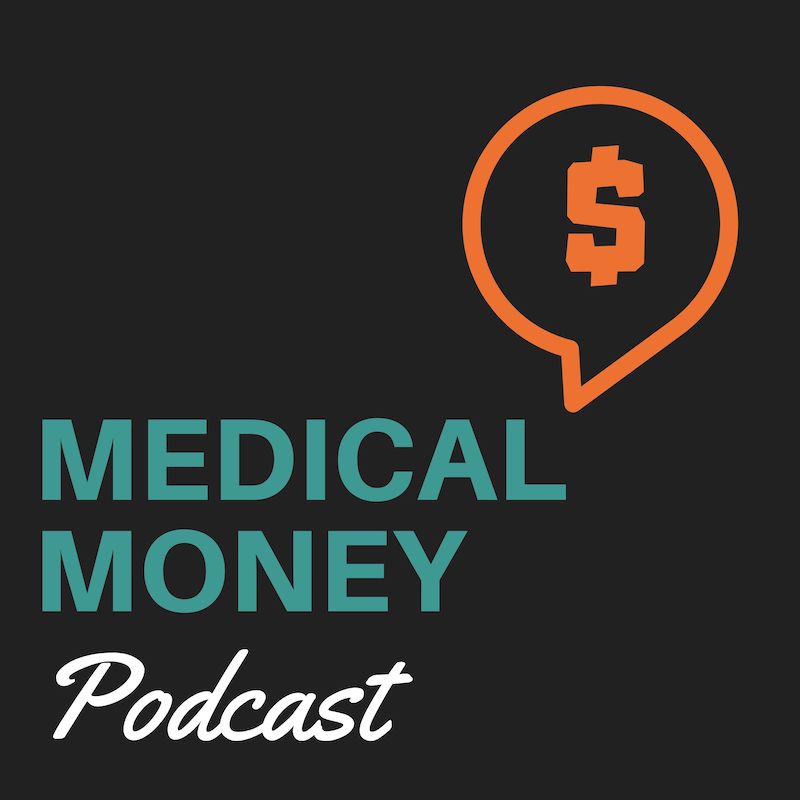What would you be worth if you sold all your stuff?
This is the second post in my Money Vital Signs series- 5 short posts to understand your financial status quo.

Did you know Oprah is worth over $3.5 billion and Mark Zuckerberg is worth $50 billion US dollars? But the granddaddy of them all- Amazon’s Jeff Bezos checks in at a whopping $124 billion US Dollars! Check out other celebrities here.
It this post we will:
- Discuss assets and liabilities
- Differentiate between personal and investment assets
- Identify your net worth
So What is Your Net Worth?
Your net worth is the dollar amount that you could generate right now by selling everything you own and paying back everything you owe. Its the difference between what you OWN and what you OWE.
OWN vs OWE – one letter, massive difference.
What is an Asset?
Assets are the things you OWN.
The term “asset” has numerous definitions:
The Dictionary.com definition- a single item of ownership having exchange value.
The accounting definition- resources owned by an entity which have future economic value that can be measured and can be expressed in dollars.
The Robert Kiyosaki definition- an asset is something that puts money in your pocket.
Kiyosaki’s definition is a good motivator but i don’t feel it’s entirely accurate.
I prefer to think of an asset as something I own that generates income or can get sold for money.
I then separate assets into Personal Assets and Investment Assets.
Personal assets are for FUN.
Investment assets are for financial PROSPERITY.
There is a very significant difference.
Personal Assets
Personal assets are things that we own because they bring us emotional satisfaction, or they serve a functional need. They don’t generate income, and we did not purchase them specifically for financial gain. There is usually a level of emotion attached to ownership of these items. Personal assets include the family home, cars, boat and other real estate like the hobby farm or holiday home. Robert Kiyosaki calls all personal assets liabilities because they cost money to keep.
What about watches, handbags and jewellery? I don’t consider personal effects as assets because the likelihood of selling an engagement ring or a Hermes bag to put food on the table is pretty low. It’s also easy to overvalue their market value because of emotion and the endowment effect– we over value the things we possess.
The time it’s important to have an idea of their replacement value is when determining your insurance needs.
Investment Assets
Investment assets are the real assets- they are the little factories that will fund our retirement and can be handed on to future generations. They need to be the focus of our attention if we seek financial prosperity.
Investment Assets put money in our pocket either by generating:
- Income – like collecting rent from a property and dividends from shares
- Capital gains- selling the asset for a profit because it has increased in value.
What Are Liabilities and Debt?
Liabilities are the debts we OWE others. Debts include credit card balances, mortgages, personal loans, business loans and investment loans.
One of the keys to financial success is to treat debt wisely.
Like assets, I separate debt into Personal and Investment debt.
Debt is used to accelerate time.

To illustrate- we see a car or house we want, we don’t have the money to buy it now, but we believe we will have enough money in the future. So we ask a bank for the money and promise to pay them back with interest.
In general, personal debt is not tax-deductible. Also, other than your home, most purchases have decreased significantly in value by the time the debt is repaid.
Personal debt is often the silent killer of our financial dreams.
Investment debt enables us to accelerate the time to reach our financial goals. We accelerate time by leveraging other people’s money.
When we borrow money to invest in property, businesses and shares, we are placing a bet that the value of these assets will go up greater than the cost of the interest we are paying to hold onto them. Usually, the interest we pay on investment debt is tax-deductible.
Record Your Vitals #2- Calculate Your Net Worth
So let’s determine your net worth by using this calculator I created just for you.
Click to download the Medical Vital Signs spreadsheet and go to the Net Worth tab.
Calculate your net worth by following these steps.
Step 1- Assets: fill in each of your assets in the green boxes
Step 2– Debts: fill in each your debts in the yellow boxes
Your net worth will is calculated and displayed at the top of the spreadsheet.
Step 3- Ask yourself three questions:
- Is this safe? Or do I need to take drastic action?
- How has this been trending in the past 1 year, 3 years, 5 years?
- Is this number headed in the right direction?
Now you know your Net Worth, click here for Money Vital Sign #3- Your Retirement.



2 Replies to “Money Vital Sign #2 – Your Net Worth”